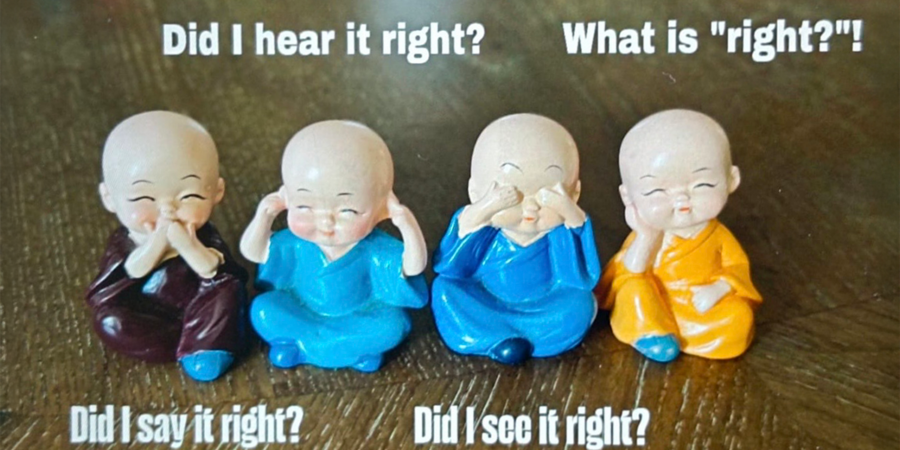Discontented with Just Western Consent: A Global Anglophone Perspective on Writing Center Professionalization via Global Rhetorical Traditions
By Saurabh Anand, University of Georgia—As an international graduate student who speaks five languages and writes in three, I have survived multiple instances of North American writing epistemology hegemony across academic and professional situations. When they happened, such experiences surprised and frustrated me because […]









